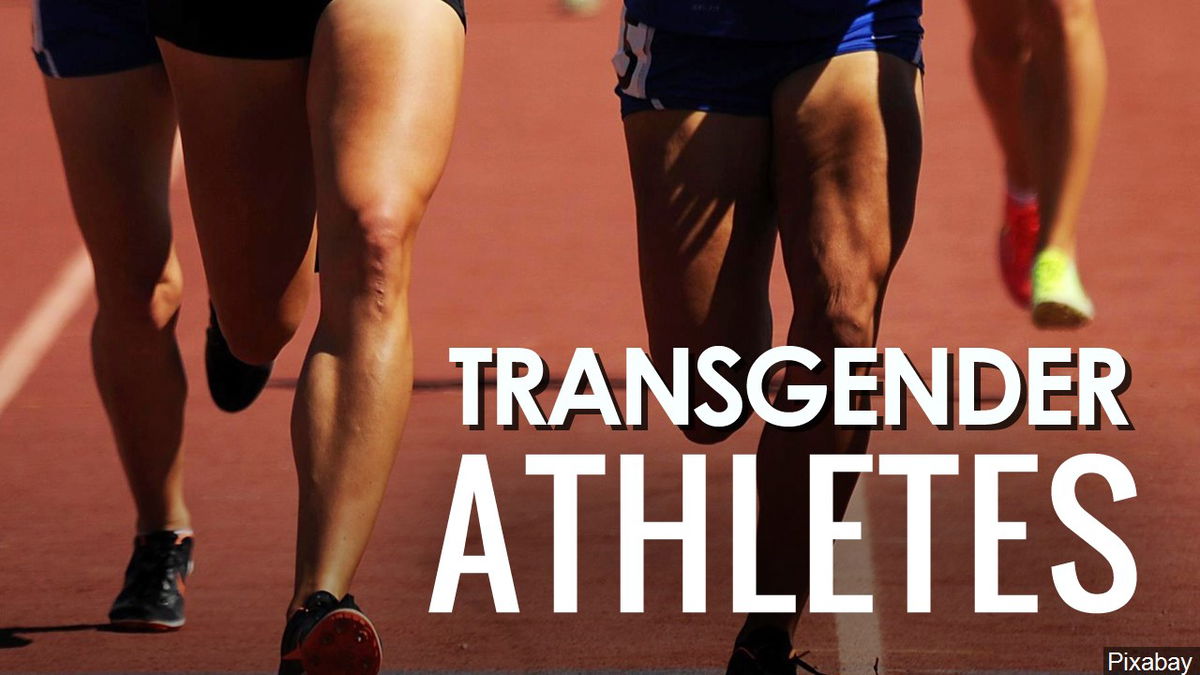Federal lawsuit challenges Idaho’s transgender sports ban

BOISE, Idaho (AP) - Two civil rights groups filed a federal lawsuit Wednesday challenging a new Idaho law banning transgender women from competing in women's sports, the first such law in the nation.
The American Civil Liberties Union and Legal Voice filed the lawsuit contending the law violates the U.S. Constitution because it is discriminatory and an invasion of privacy.
The groups also said the law scheduled to take effect July 1 is a violation of Title IX, the 1972 law that bars sex discrimination in education.
The groups in the 60-page lawsuit ask the court to permanently prevent Idaho from enforcing the law.
Republican Gov. Brad Little late last month signed into law the measure that received overwhelming support in the Republican-dominated House and Senate, but no support from Democrats.
The ban applies to all sports teams sponsored by public schools, colleges and universities. A girls' or women's team will not be open to transgender students who identify as female.
Backers said the law, called the Fairness in Women's Sports Act, is needed because transgender female athletes have physical advantages.
Specifically, the lawsuit contends the law violates the 14th Amendment's Equal Protection Clause because it is discriminatory and the 4th Amendment's protections against invasion of privacy because of tests required should an athlete's gender be challenged.
Two plaintiffs are bringing the lawsuit. One is an unnamed Boise area high school student who is cisgender. Cisgender refers to someone whose gender identity corresponds with the sex the person was identified as having at birth.
The other is Lindsay Hecox, 19, who will be a sophomore this fall at Boise State University and hopes to qualify for the women's cross-country team. She competed on the boys' team at a Moorpark, California, high school before transitioning after graduating.
"I would like to compete as a female," she said in an interview with The Associated Press. "We shouldn't have our privacy invaded. If people started questioning me, I wouldn't want to be subjected to multiple tests."
The NCAA has a policy allowing transgender athletes to compete. But the sponsor of the Idaho law, Republican Barbara Ehardt, has called the NCAA policy "permissive."
Ehardt has said that allowing transgender athletes on girls' and women's teams would negate nearly 50 years of progress women have made since the 1972 Title IX legislation that's credited with opening up sports to female athletes, and along with it scholarships and other opportunities.
Earlier this year in Connecticut, the families of three female high school runners filed a federal lawsuit seeking to block transgender athletes from participating in girls sports. The families contend that allowing athletes with male anatomy to compete has deprived their daughters of track titles and scholarship opportunities.
Opponents of the Idaho law said it codified in state statute a government-mandated gynecological exam, likely causing some potential athletes to avoid sports. They argued that anyone from a parent to an opposing player or someone with a grudge could require a student to take a humiliating test.
The law "illegally targets women and girls who are transgender and intersex and subjects all female athletes to the possibility of invasive genital and genetic screenings," said Gabriel Arkles, senior staff attorney with the ACLU.
"Alongside Idahoans throughout the state, we have been fighting this hateful, unconstitutional legislation since it was introduced," said ACLU of Idaho Legal Director Ritchie Eppink.
The Idaho law is one of two anti-transgender bills signed into law by Little in March, making Idaho the first among states that introduced some 40 such bills this year to enact them.
The other Idaho law taking effect this summer prohibits transgender people from changing the sex listed on their birth certificates, and is almost certain to be challenged in court.
The birth certificate law ignores a 2018 federal court ruling that a past law barring transgender people from making the birth certificate changes violated the Equal Protection Clause of the U.S. Constitution.
The judge scrapped the ban and warned against new rules. The Idaho attorney general's office, which didn't appeal the ruling, said it could cost $1 million if the state had to defend the ban again and lost.
Peter Renn of Lambda Legal, the law firm that represented two transgender women whose lawsuit led to the court ruling, said Idaho can't enforce that new law without violating a court order.
A third proposed Idaho law that would have criminalized treating transgender youth for dysphoria died in a House committee after the chairman decided to not have a vote on the measure.






